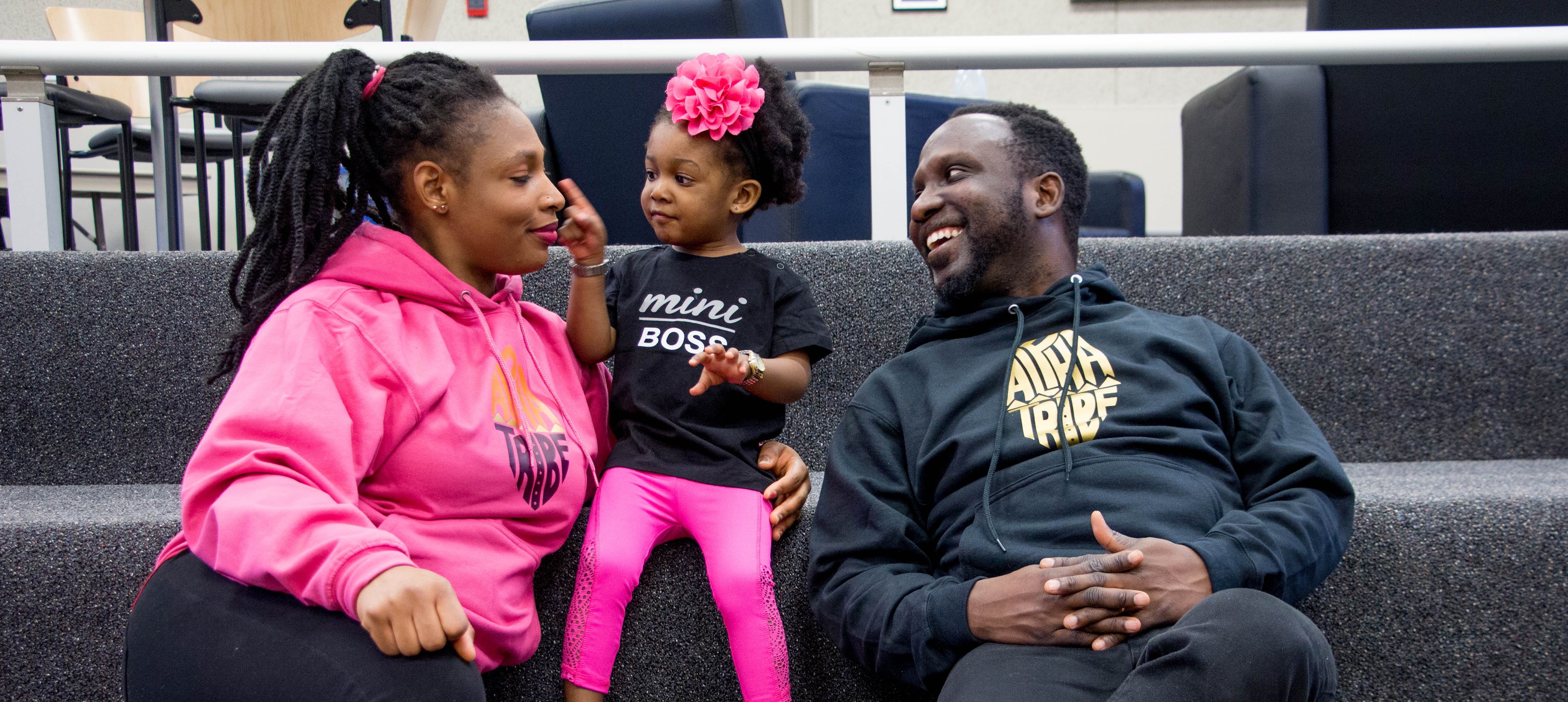 The Association for the Study of African American Life and History (ASALH) creates a National Black History Month theme each year. That theme is used for cultural awareness programs around the country in schools, businesses and agencies. Established in 1915 by Dr. Carter G. Woodson, the founder of Black History Month, ASALH carries forward his love of Black history. It also supports his belief that Black history should be celebrated as an integral part of American history, highlighting notable accomplishments and addressing issues that are of concern within the Black community.
The Association for the Study of African American Life and History (ASALH) creates a National Black History Month theme each year. That theme is used for cultural awareness programs around the country in schools, businesses and agencies. Established in 1915 by Dr. Carter G. Woodson, the founder of Black History Month, ASALH carries forward his love of Black history. It also supports his belief that Black history should be celebrated as an integral part of American history, highlighting notable accomplishments and addressing issues that are of concern within the Black community.
For 2021, ASALH selected the theme:
The Black Family: Representation, Identity and Diversity
ASALH notes in its description of the theme that no single word is more illustrative of our humanity than the word “family.” ASALH offers that it stands at the heart of human relationships, representing the essence of the ties that bind people together.
We need look no further than every neighborhood in America or our inner circles to see the diversity of the Black family. When I moved into my new neighborhood, I learned that the family across the street were young Black parents, Tim and Tina, their three little girls and a baby boy in diapers. I met Joyce, a single Black mom who proudly told me about her son in college and a daughter in high school. Of course, my inner circle outside of the neighborhood has a diversity of single parents, two-parent households and single women just like me with no children but nieces, nephews and godchildren.
As ASALH notes, many of us also identify and claim kinship through nonblood relationships. We find ties that bind through our church families, sororities, fraternities and employee resource groups like I have with Blacks In Government (BIG).
But, the representation of the Black family has caused the most concern. Of course, we have seen positive representations that were still reflective of our differences.
- We saw the diversity of the Black family on the show “Good Times” represented by the Evans Family, with patriarch James and matriarch Florida and their three children, J.J., Thelma and Michael. They were struggling in a public housing project in Chicago but still striving to get out and refusing charity.
- “The Jeffersons,” with patriarch George, matriarch “Weezy” and their son Lionel, worked hard in the dry cleaning business to leave Archie Bunker’s neighborhood. They were “moving on up to a deluxe apartment in the sky” with their own maid.
- The Huxtables, with patriarch Cliff, matriarch Clair and their four children, were notable at the time because both parents had white-collar professions. They spent the show expressing the importance of family and education while also addressing important issues like dyslexia.
- Single mom Nikki Parker on “The Parkers” dropped out of high school when she discovered she was pregnant with her daughter, Kim. Nikki is bettering herself by not only going back to high school and graduating with Kim but also by enrolling in the same college.
- And, today, we see the Johnson family on “Black-ish” where Dre Johnson has a great job, a beautiful wife Rainbow, four kids and a big home in an upscale neighborhood. But, as a Black man, he questions whether his success has resulted in too much cultural assimilation. So, he tries to create a sense of ethnic identity for his family.
The underlying goal of all of these shows is to reflect the diversity of the Black family while representing them in a positive light, whether rich or poor, with their cultural identity intact. These shows also seek to dispel the myth for some that black families are typically dysfunctional and unstable. In fact, John Amos, who played the father on Good Times, noted that his departure from the show stemmed from his own concerns about representation.
As ASALH notes, the history of the black family is an integral part of our nation’s heritage. I am proud that we use this year’s Black History Month theme to discuss the diversity and identity of the Black family while addressing any concerns with its misrepresentation.
Interested in becoming a Featured Contributor? Email topics you’re interested in covering for GovLoop to [email protected]. And to read more from our Winter 2021 Cohort, here is a full list of every Featured Contributor during this cohort.
Shirley A. Jones, Esq. is a Senior Executive Service (SES) member in the federal government and a certified leadership and diversity and inclusion trainer. Considering herself an employee advocate and a career development trainer, she was recently elected National President of Blacks In Government (BIG). Ms. Jones has had the opportunity to testify before Congress on the lack of diversity in the SES and frequently speaks at events in the Washington, D.C., area. She often addresses a variety of topics related to leadership and empowerment. Ms. Jones has also written Op-Ed pieces for the historic AFRO newspaper, HBCU Connect and other publications.





Leave a Reply
You must be logged in to post a comment.